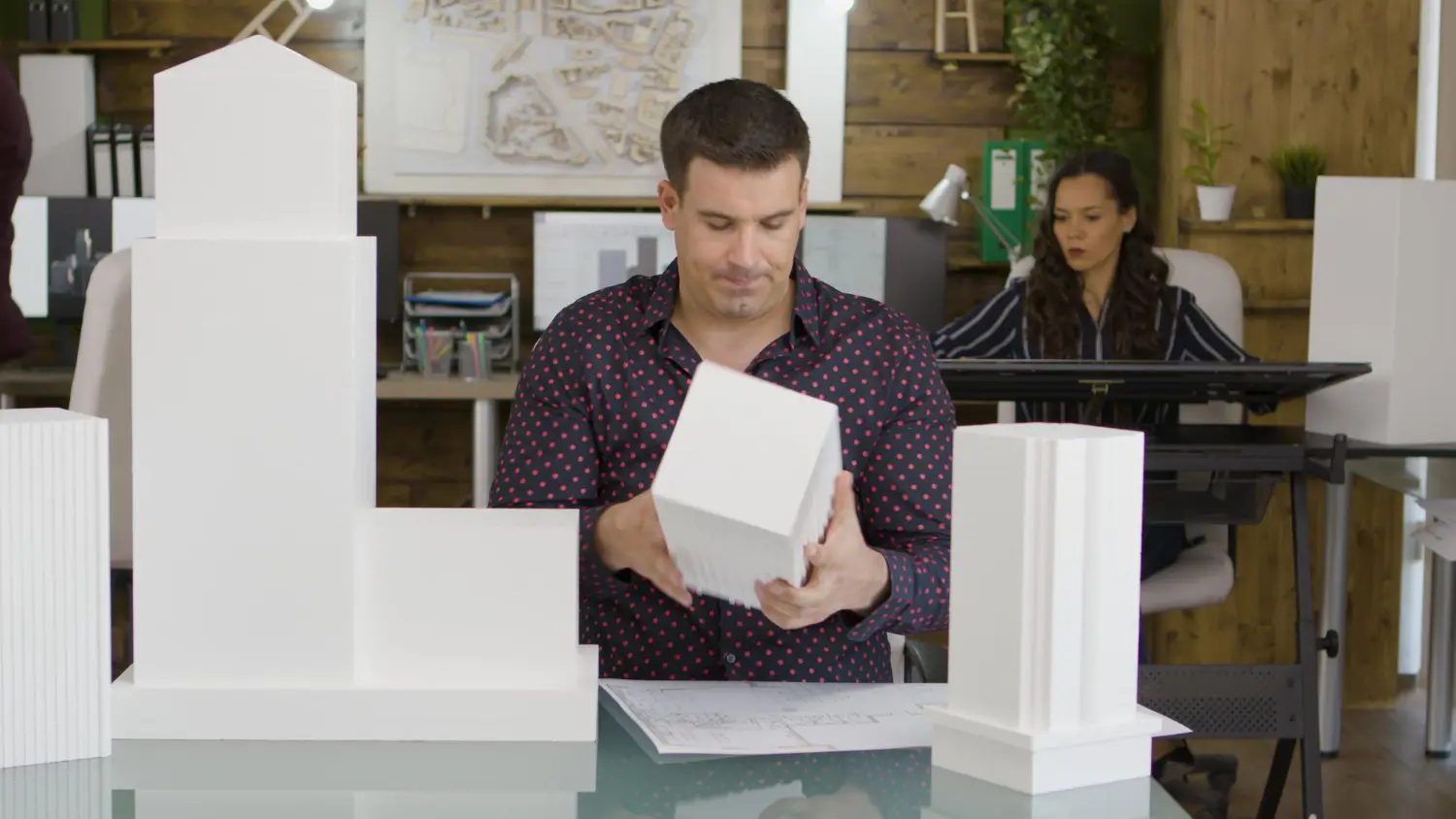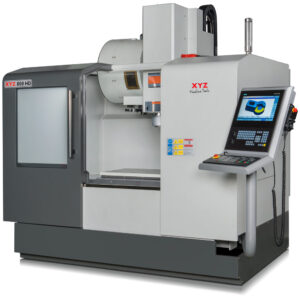Vincent Schachter Cruz Modular: Innovator in Modular Architecture
Vincent schachter cruz modular stands at the forefront of modular architecture, a field that has gained significant traction in recent years due to its efficiency and sustainability. With a keen eye for design and a commitment to environmental responsibility, Vincent has positioned himself as a thought leader in the industry. His work not only redefines traditional building practices but also addresses contemporary challenges related to urbanization and resource management.
The Rise of Modular Architecture
Modular architecture is rooted in the concept of prefabrication, where structures are built off-site in controlled environments and then assembled on location. This approach has numerous advantages, including reduced construction time, minimized waste, and improved quality control. The flexibility inherent in modular designs allows for quicker responses to changing market demands and urban needs.
Vincent recognized the potential of modular architecture early in his career. He saw how it could transform not just individual projects, but entire communities. By focusing on innovative, adaptable designs, he aimed to create spaces that cater to a diverse range of users and uses.
Also Read: iCryptoAI.com Innovation: Transforming Cryptocurrency with AI
Cruz Modular: A New Standard in Construction
Cruz Modular, the company co-founded by Vincent, has emerged as a leader in the modular building sector. With a portfolio that spans residential, commercial, and industrial projects, Cruz Modular emphasizes high-quality, customizable solutions that meet the varying needs of clients.
Company Philosophy
At the core of Cruz Modular’s philosophy is the belief that architecture should be both functional and beautiful. Vincent and his team approach each project with the understanding that spaces must reflect the lifestyles and aspirations of their users. This perspective fosters a design process that is both collaborative and innovative, resulting in spaces that truly resonate with their occupants.
The Benefits of Modular Construction
The benefits of modular construction are manifold. One of the primary advantages is speed. Traditional construction methods can be plagued by delays due to weather, labor issues, and logistical challenges. In contrast, modular projects can be completed in a fraction of the time. With components manufactured off-site, the assembly process on-site is streamlined, allowing for quicker occupancy.
Additionally, modular construction is inherently more sustainable. By producing components in a factory setting, waste is minimized, and materials can be better controlled. Cruz Modular’s commitment to using recycled materials and energy-efficient systems further enhances the sustainability of their projects. This focus not only appeals to environmentally conscious clients but also aligns with global efforts to combat climate change.
Flexibility and Adaptability
One of the defining characteristics of Vincent’s designs is their inherent flexibility. In an ever-changing world, the ability to adapt spaces for different uses is paramount. Cruz Modular structures can be easily reconfigured to accommodate new functions, whether that means transforming a commercial space into residential units or expanding existing structures.
This adaptability is particularly valuable in urban areas, where land is scarce, and the need for dynamic spaces is critical. By creating modular designs that can evolve over time, Vincent and his team address the challenge of urban density while providing functional, livable environments.
Sustainable Practices in Modular Architecture
Vincent Schachter’s commitment to sustainability is a guiding principle in his work. Cruz Modular’s projects prioritize eco-friendly materials and energy-efficient technologies, making them a model for responsible construction. From solar panels to green roofs, the incorporation of sustainable features is a hallmark of their designs.
Moreover, Vincent advocates for the use of locally sourced materials, which not only reduces transportation emissions but also supports local economies. By fostering partnerships with local suppliers, Cruz Modular helps to create a more resilient and sustainable construction ecosystem.
The Design Process: Collaboration at Its Core
Vincent believes that the best designs emerge from collaboration. At Cruz Modular, the design process involves multiple stakeholders, including clients, architects, and builders. This inclusive approach fosters creativity and ensures that the final product meets the unique needs of its users.
By engaging clients early in the design process, Vincent allows their vision and requirements to shape the project. This partnership leads to innovative solutions that enhance functionality and aesthetic appeal, resulting in spaces that truly belong to their occupants.
Real-World Applications of Cruz Modular’s Designs
Cruz Modular has completed numerous projects that exemplify vincent schachter cruz modular vision for modular architecture. Each project reflects a commitment to quality, sustainability, and adaptability.
Residential Projects
In the realm of residential construction, Cruz Modular has developed a series of customizable homes that cater to various lifestyles. These homes are designed with flexibility in mind, allowing families to adjust their living spaces as their needs change over time. Features such as movable walls and expandable modules enable homeowners to create environments that grow with them.
Commercial Spaces
Cruz Modular has also made significant strides in the commercial sector. The company has worked on various office spaces that prioritize collaboration and innovation. These modular offices are designed to foster creativity, with open layouts and adaptable meeting areas. The ability to reconfigure spaces quickly allows businesses to respond to changing workforce dynamics and emerging trends.
Educational Facilities
In addition to residential and commercial projects, Cruz Modular has ventured into educational facilities. Schools built using modular techniques can be rapidly deployed to meet urgent needs, such as those arising from population surges or natural disasters. Vincent’s designs prioritize student engagement and collaboration, creating environments that inspire learning.
Challenges in Modular Construction
While the advantages of modular construction are clear, there are also challenges that the industry faces. One significant hurdle is the perception of modular buildings as being less durable or aesthetically pleasing than traditional structures. Vincent works diligently to combat this misconception by showcasing the quality and design potential of modular architecture.
Additionally, the modular construction industry often grapples with regulatory hurdles. Building codes and zoning laws can be rigid, making it challenging to implement innovative designs. Vincent advocates for greater flexibility in regulations to encourage the adoption of modular solutions that meet modern needs.
The Future of Modular Architecture
Looking ahead, the future of modular architecture appears promising. As urbanization continues to accelerate, the demand for efficient, adaptable, and sustainable building solutions will only increase. vincent schachter cruz modular work with Cruz Modular positions him as a key player in this evolving landscape.
Emerging technologies, such as 3D printing and advanced robotics, are also poised to revolutionize the modular construction process. Vincent is keenly aware of these advancements and is exploring ways to integrate them into Cruz Modular’s operations. By embracing innovation, he aims to further enhance the quality and efficiency of modular buildings.
Conclusion
Vincent Schachter’s contributions to modular architecture through Cruz Modular represent a significant shift in how we think about construction and design. His commitment to sustainability, flexibility, and collaboration has set new standards in the industry, offering solutions that are not only practical but also environmentally responsible.
As the world faces increasing challenges related to urbanization and climate change, Vincent’s vision for modular architecture will play a crucial role in shaping our built environment. With an eye toward the future, he continues to push the boundaries of what is possible in modular construction, ensuring that it remains a viable and attractive option for generations to come.
This expanded piece provides a comprehensive overview of vincent schachter cruz modular, Cruz Modular, and the significance of modular architecture in today’s context. If you need more specific sections or further elaboration on certain points, feel free to ask!











Post Comment